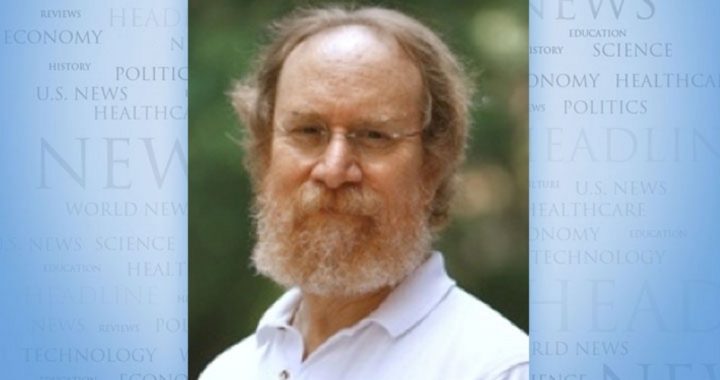
Demagogues offend us because they try to bypass our rational faculty with appeals to gut emotion. That pretty well sums up what gun controllers have done since the Newtown tragedy.
Note how politicians, led by President Obama, and organizations pushing new restrictions on gun ownership — which would not have prevented the massacre — shamelessly exploit the relatives of the murdered children and adults. Decent people of course have nothing but sympathy for those who lost loved ones, so the architects of the antigun campaign hope that feeling will supplant critical thinking about gun control.
Yet being the victim of a shooting does not make one an authority on public policy or morality. It bestows no special knowledge about how to prevent future shootings. Every proposal is subject to anyone’s rational scrutiny.
If shooting victims had special insight about what to do, we’d be in a logical mess. What if one survivor called for gun control and another one opposed it? How could we decide?
On October 16, 1991, Suzanna Gratia Hupp joined her parents for lunch at Luby’s Cafeteria in Killeen, Texas. She usually carried a concealed handgun in her purse, but that day she left it in her car; she didn’t want to risk losing her new chiropractor’s license for violating Texas’s prohibition on carrying a concealed weapon. Unfortunately, that was also the day that George Hennard drove his pickup through the restaurant window and opened fire on the patrons. Hupp and her parents, like others, took cover under their table. With Hennard the only person standing, Hupp saw she had a clear shot at the killer, and she reached for her pistol — but it wasn’t in her purse. Her father tried to rush Hennard and was shot dead. Her mother ran to her husband and was killed. Twenty-one others were murdered, and 27 were wounded.
Hupp is convinced she could have stopped Hennard had she taken her gun into the restaurant. But she obeyed the law, and watched her parents die. As a result of the tragedy, she became an activist on behalf of concealed-carry laws.
Here’s the relevant question: Why should the parents of the Newtown children be heeded, but not Suzanna Hupp? They can’t both be right. Hupp thinks that gun murders are best thwarted by our being free to defend ourselves with firearms no matter where we are. Gun controllers think that safety requires more restrictions. The difference is that Hupp makes a rational argument, while the other side offers only emotion.
The controllers will respond that they just want to keep guns away from bad people by mandating “universal” background checks. But in fact criminally minded people will buy guns in the black market or steal them. And they won’t be stopped by bans on cosmetically defined “assault weapons” and high-capacity magazines. Those things already exist in great number and would not disappear with a prohibition on new manufacture. So the proposed laws would not keep us safe from evil people; rather, they would make us less safe by ensnarling law-abiding gun buyers in more restrictions and red tape — and paving the way for more controls when existing ones fail.
Another example of demagogy is the excoriation of senators who tried to filibuster the gun-control bill. They were accused of something nefarious: suppressing debate. Normally, of course, suppression of debate is condemnable. We learn from the marketplace of ideas. But this isn’t about mere open debate. A debate in Congress has a possible outcome not found in the marketplace of ideas: the violation of individual rights. This was to be a debate about whether individuals may purchase guns without the government being notified. But since individuals have a natural right to defend themselves without government permission, they have a natural right to engage in transactions with willing persons to procure the means of self-defense without government permission. There is no actual crime in merely possessing a firearm, no matter who possesses it. Real crime lies only in how the gun is used.
The upshot is that a debate by a legislative body with the power to violate this right should be derailed. No doubt gun controllers would have applauded the filibuster of a bill to suppress free speech.
Sheldon Richman is vice president and editor at The Future of Freedom Foundation in Fairfax, Va.



